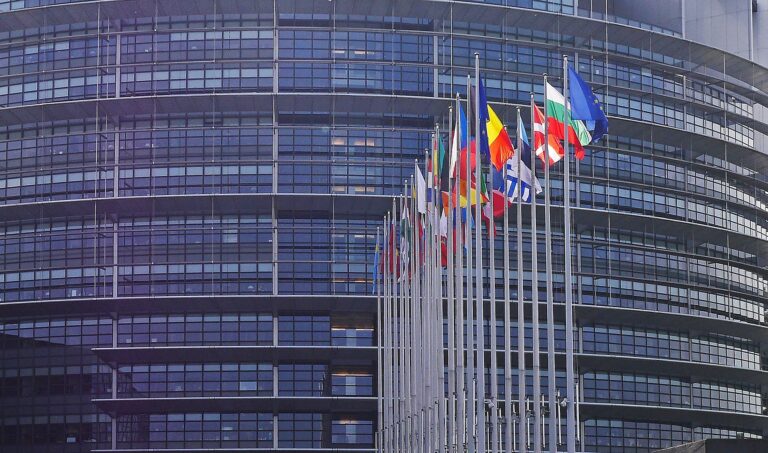
Old G20 privatisation wine in new Argentinean bottles
In its upcoming G20 Presidency, Argentina will focus on privatising infrastructure, as previous Presidencies have and as the G20’s “Compact with Africa” does, despite the negative record of privatisation and warnings from civil society.
by Markus Henn (WEED(opens in new window) )
At the latest meeting of the G20 finance ministers in Washington, held in parallel to the World Bank and IMF autumn meetings (for a critical review of these, see here(opens in new window) ), Argentina announced its agenda priorities for its upcoming G20 Presidency. One will be to create a new “market for infrastructure(opens in new window) ”. Far from being a new idea, this follows G20 policy since 2010(opens in new window) with “Project Preparation Facilities” and “Master Plans” for private financing of infrastructure, the “G20 Infrastructure Hub(opens in new window) ” from 2014, or the “Joint Principles and Ambitions on Crowding-In Private Finance(opens in new window) ” by multilateral development banks from 2017. What Argentina seems to be aiming for is the standardisation of infrastructure project shares to create a market like that for government bonds. This would give pension funds and insurance companies, particularly those from rich, industrialised countries, the new investment opportunity for which they have been lobbying in times of low interest rates. The G20’s work concurs with, and refers to, work by the World Bank on privatising infrastructure and using “public-private partnerships” (PPPs). This policy was criticised by Eurodad and the Breton Woods Project in recent briefings (see here(opens in new window) and here(opens in new window) ), as it denied negative experiences with PPPs. To oppose the G20’s and the World Bank’s pro-PPP policy, civil society organisations and trade unions from 45 countries launched a new campaign(opens in new window) .
“Compact with Africa”: more countries, more details
Infrastructure financing is also at the core of the “Compact with Africa(opens in new window) ” launched by the G20 during this year’s German G20 Presidency. At the World Bank / IMF meetings in October 2017, new details on the Compact were revealed. It had been extended to Egypt, Benin and Guinea, now covering ten African countries. And, most of these countries have published, in addition to their “country prospectus”, a more detailed “policy matrix(opens in new window) ”. The matrix includes specific targets and indicators, and outlines which assistance and activity has been undertaken by single G20 countries and multilateral development banks. PPPs often play an important role in the country matrices, but there are also other financial reform items. For example, Germany wants to bilaterally help Tunisia(opens in new window) too amongst others, create better credit market oversight through a register of all credit holders and their defaults. The big question will be how the compacts will fulfill two of the core aims, which are to improve tax income, on the one hand, and to attract investment on the other. Egypt, for example, praises itself with “tax incentives of up to 50% of investment costs provided to projects in lagging regions” and “up to 30% … in certain sectors.”(opens in new window) With tax cuts this massive, it is questionable if any such investment will ever be of benefit to the public purse or to the public interest in general.
Do you need more information?
-

Jasper van Teeffelen
Researcher
Partners
Related content
-

-

-
 New mandates for EU supervisors: more financial integration and handling future challengesPosted in category:News
New mandates for EU supervisors: more financial integration and handling future challengesPosted in category:News Myriam Vander StichelePublished on:
Myriam Vander StichelePublished on:

